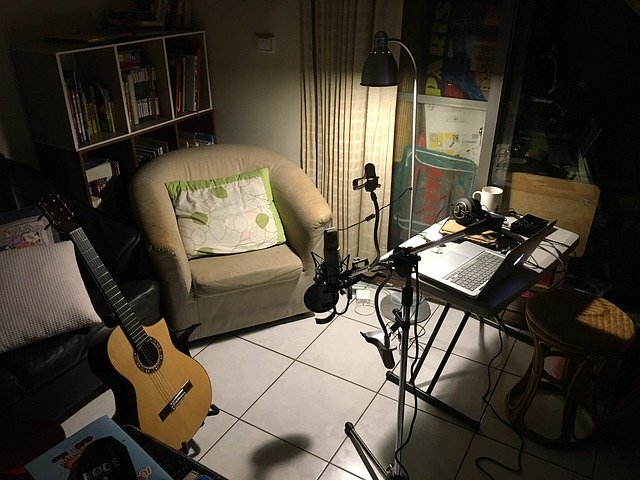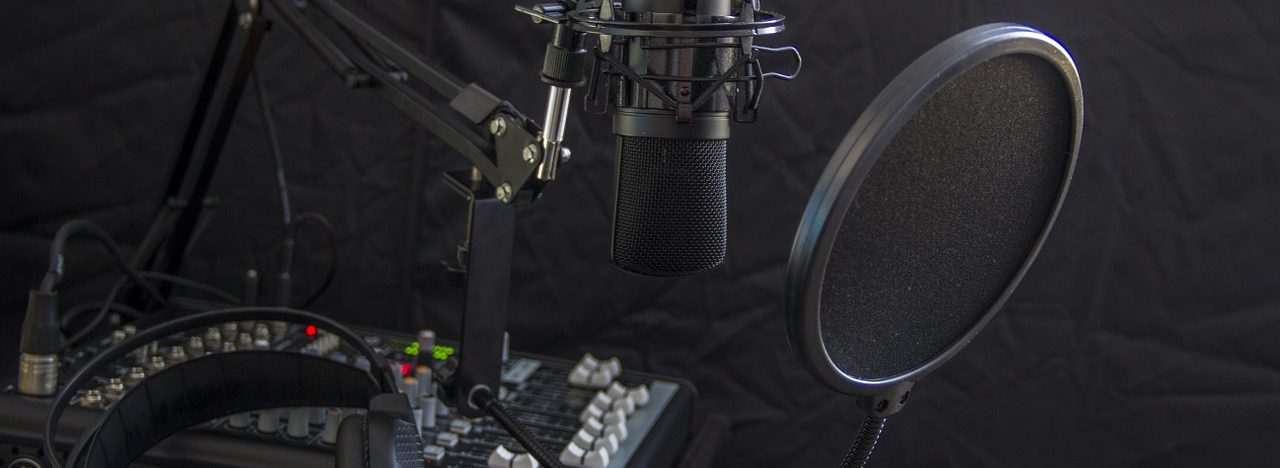Voice acting is actually a very promising career, especially considering the great variety of possible clients and gigs, the flexible work hours, and the ability to work from a remote location. Besides, it’s sort of glamorous to hear your own voice on TV or films. It’s true that it is not for everyone since it is kind of a big thing to have a smooth, attractive voice on the job, but if you count on this asset, then you are already in a good way to become a great voice actor/actress.
Of course, just like embarking yourself on any new profession, there are certain things to consider before taking the first steps. Like your training and then the resources you will need to push your career forward. Voice acting is a profession that requires a lot of care from your part, from the proper equipment for you to record yourself, to the preservation of your vocal health. Still, it is a profession that comes with a lot of rewards, if you fully decide to make the sacrifices.
Voice-Over Coaching and Training
While it is true that most voice actors start themselves as self-taught, it is still crucial to attend training sessions and to hire a voice coach.
A voice coach is an industry guru who can teach you techniques, concepts, and tactics for improving your skills and your career. A great upside of voice coaches is that many of them offer their services via online meetings or video phone chats, so you can connect with any voice coach of your preference around the world.
Setting Up Your Home Recording Studio
A voice-over home studio is a space you will need and one in which you will spend quite a lot of time in your new career. It is where you’ll be producing the work for your clients and for practicing whenever you have to. For enabling one in your house, the first step is to analyze what room will be the most suitable for recording space. In this case, aspects like the acoustics are important, just like in any work that involves sound, and just any area in the house can become a perfectly fine recording studio (from a garage to a closet) as long as it matches this requisite and is large enough for you to sit comfortably.

There are still some quick tips for issues like soundproofing and isolation. The studio’s walls don’t necessarily need to be soundproof. You can apply really heavy blankets or comforters to absorb any unwanted sounds so they won’t interfere in your final product.

Also, remember that the most expensive equipment is not always the best quality ones. There is no need for you to buy all the stylish, shiny microphones that you see around and that is probably not even as good as a second-hand one. If you want to, improve your gear as you ascend in your career. This will happen soon if you follow the advice that I just mentioned to you. Good luck!
